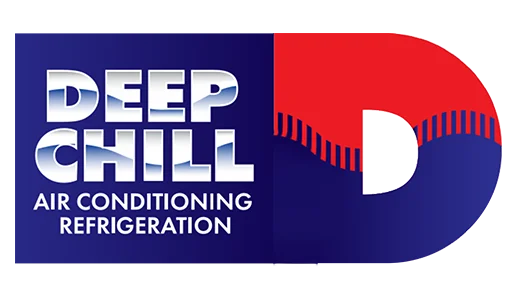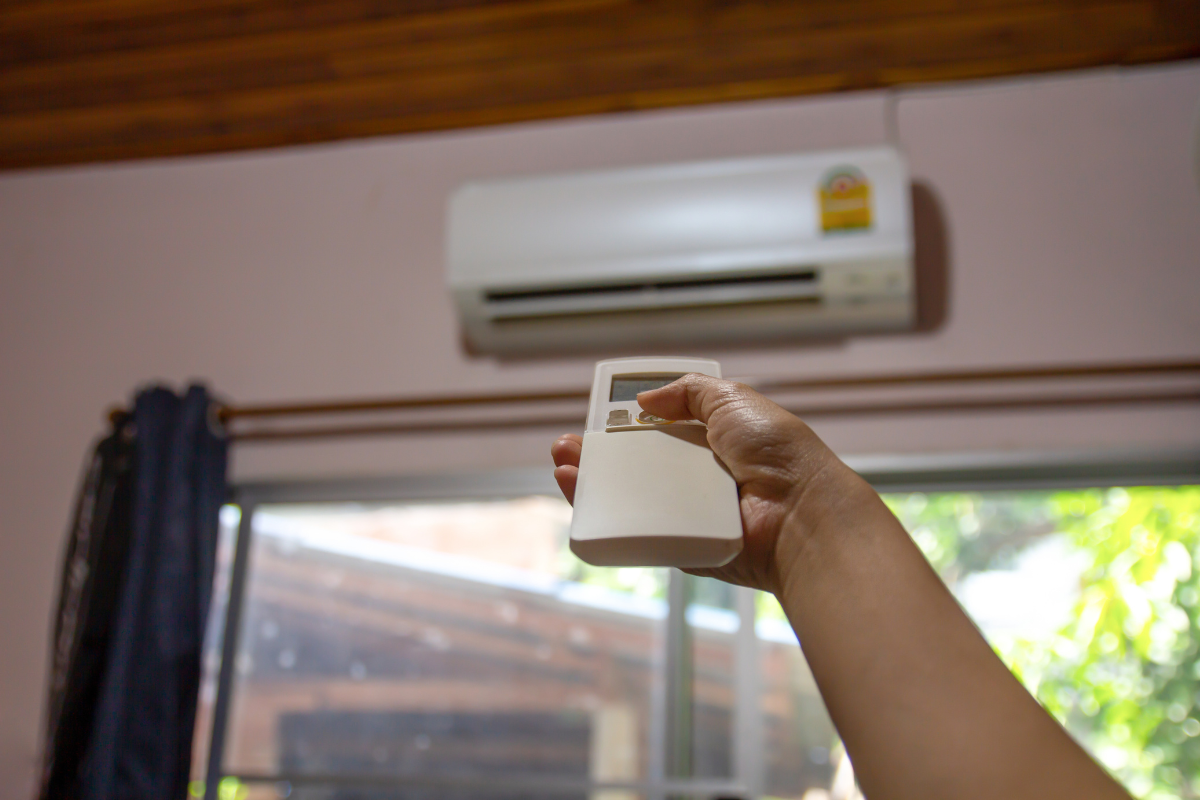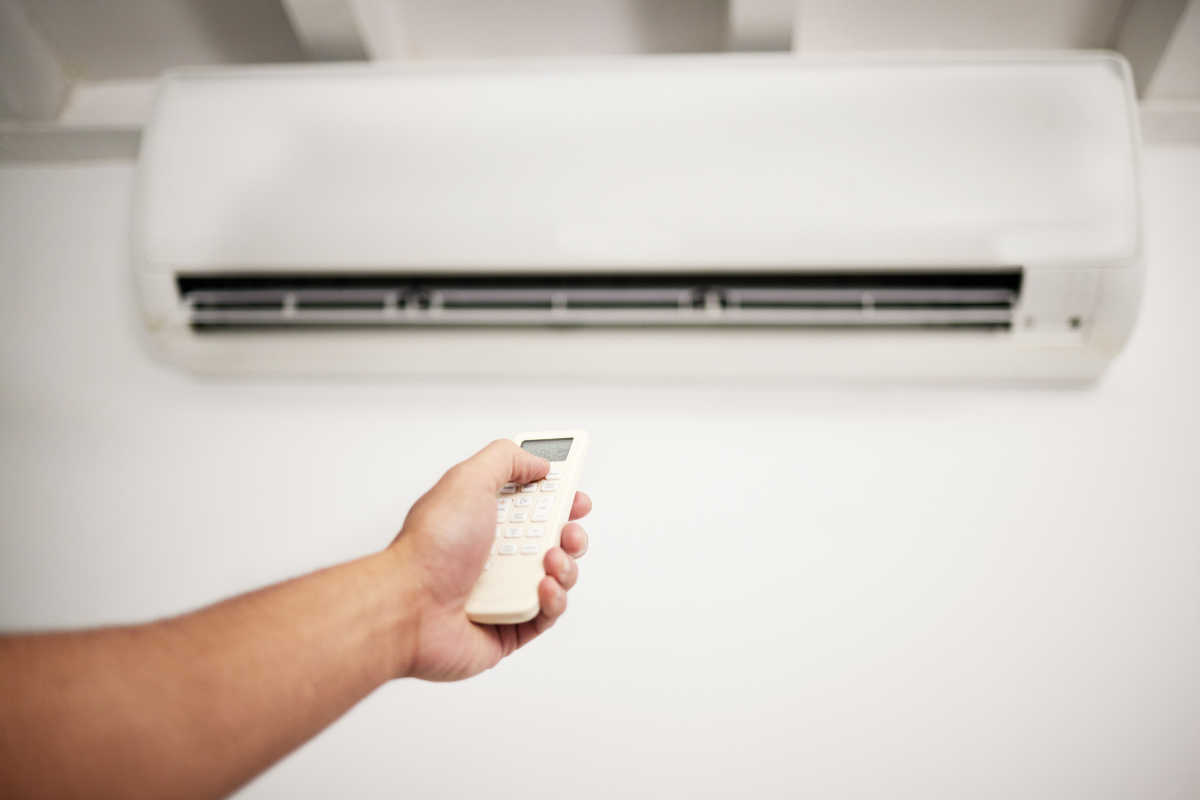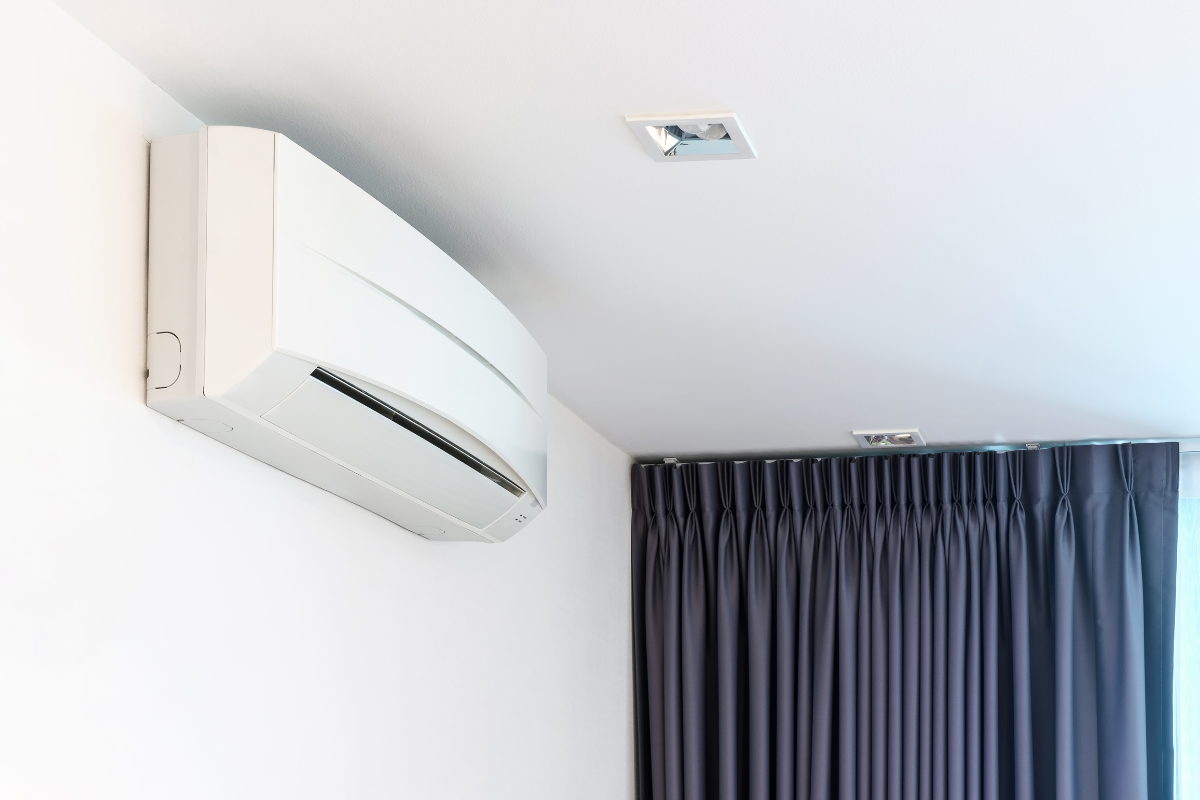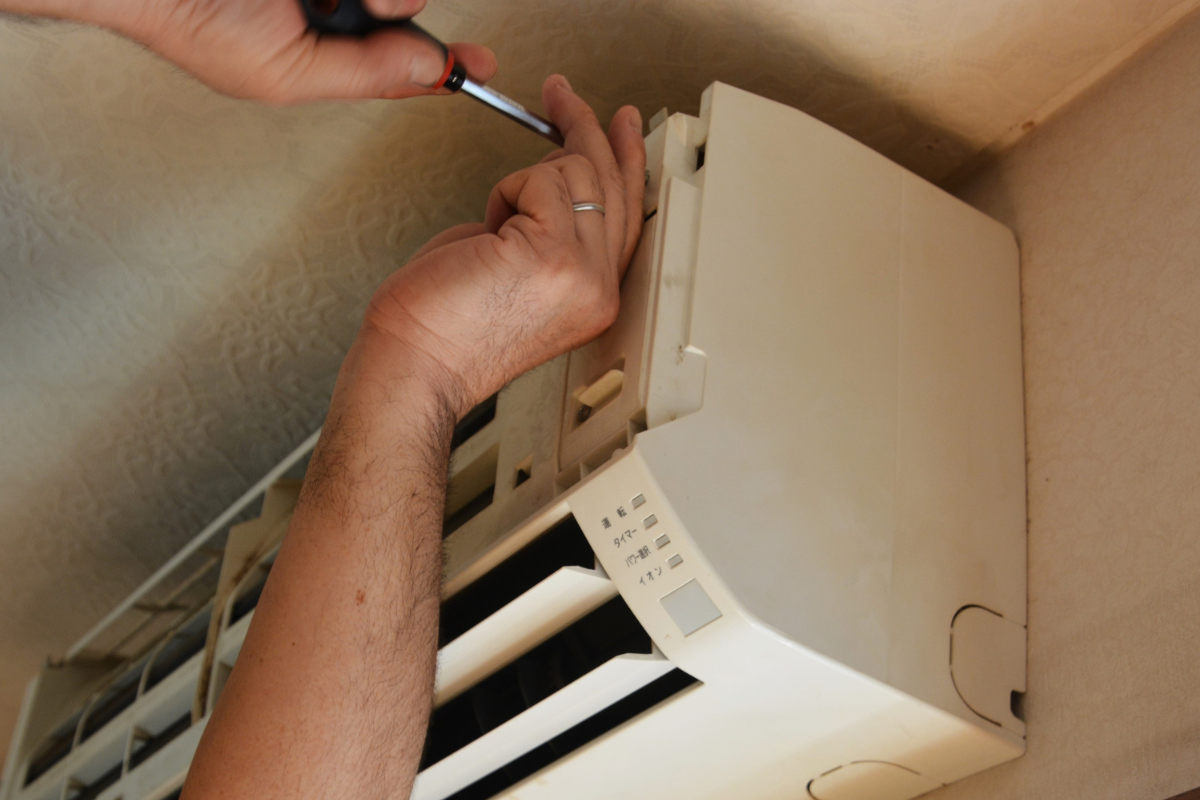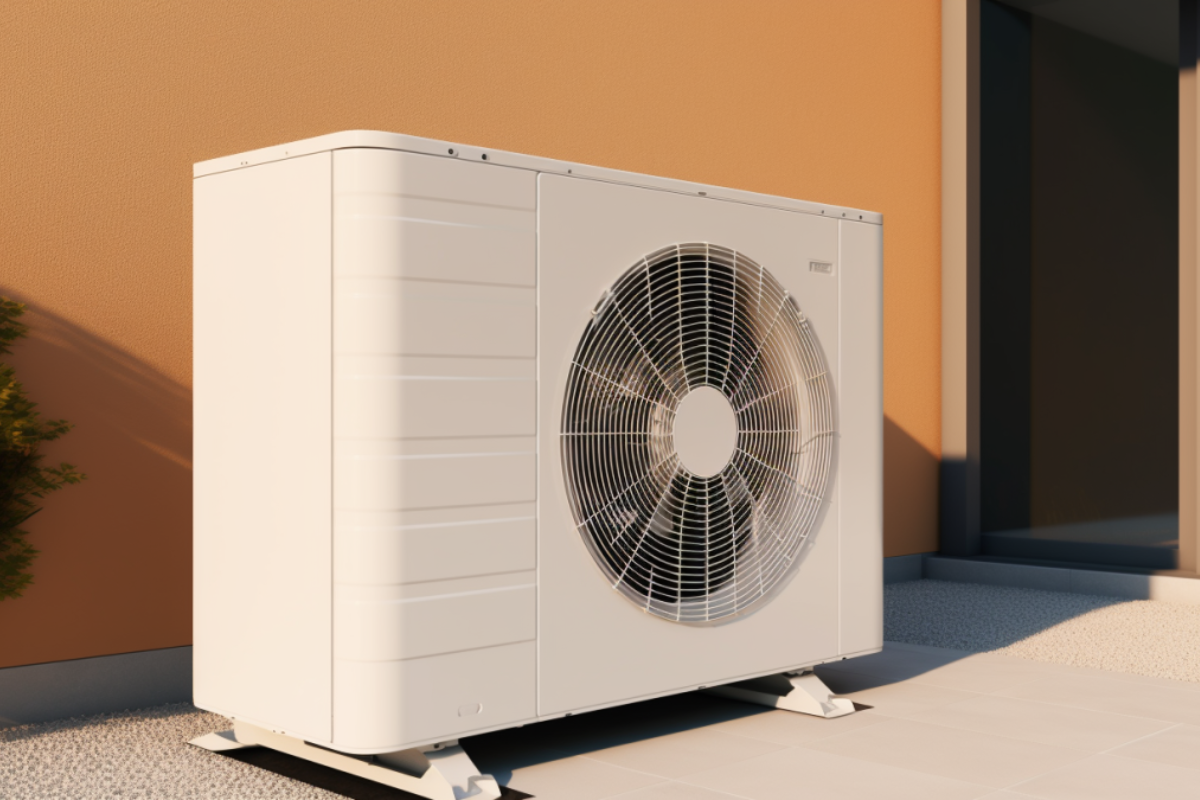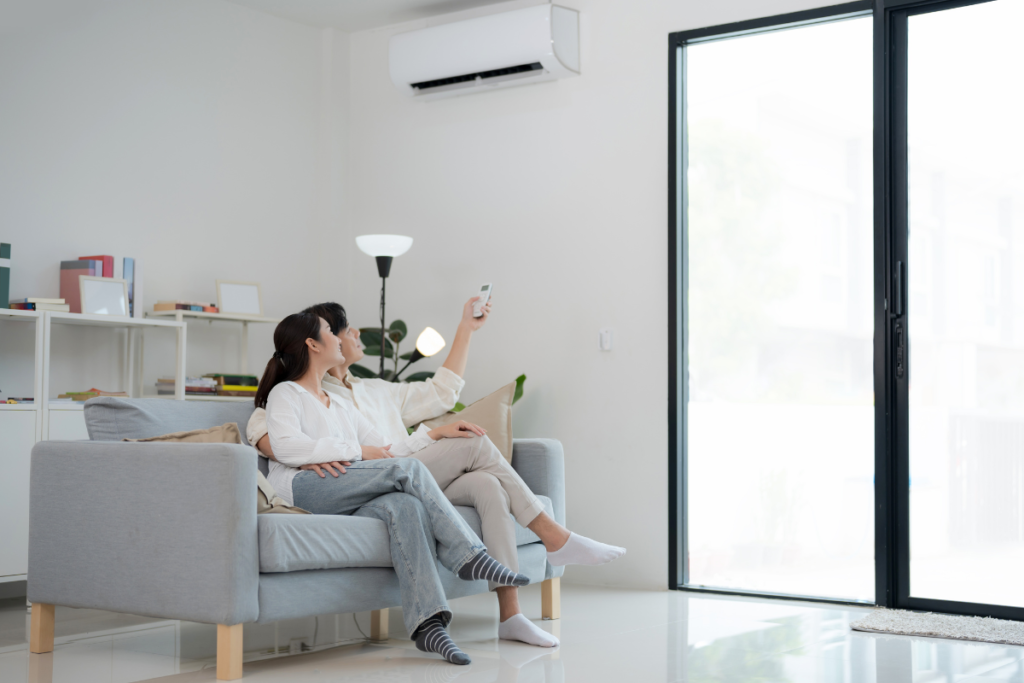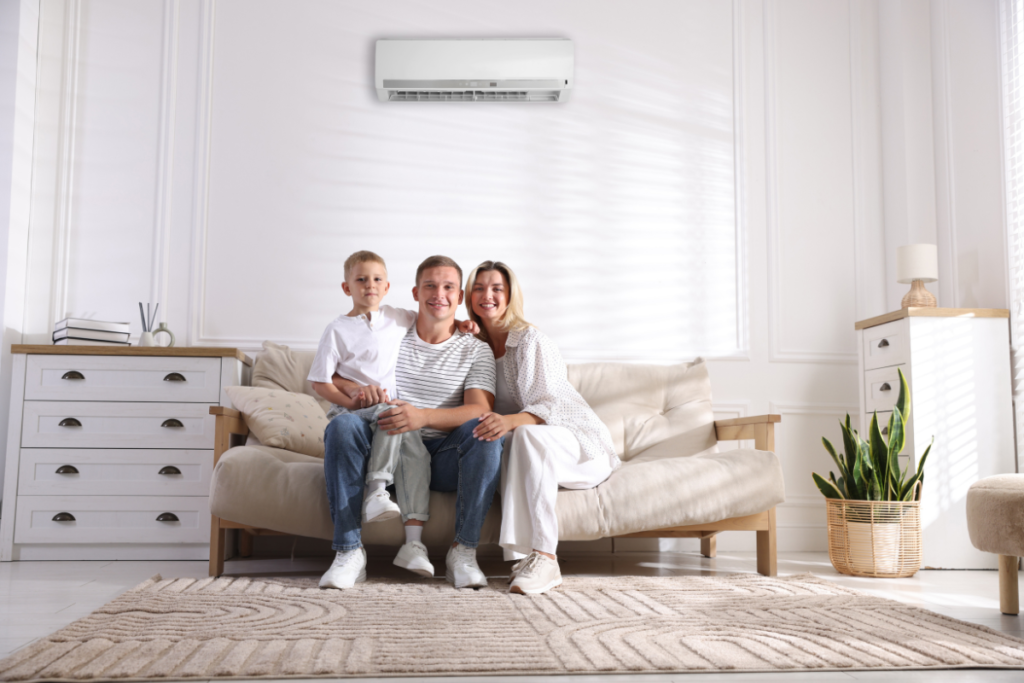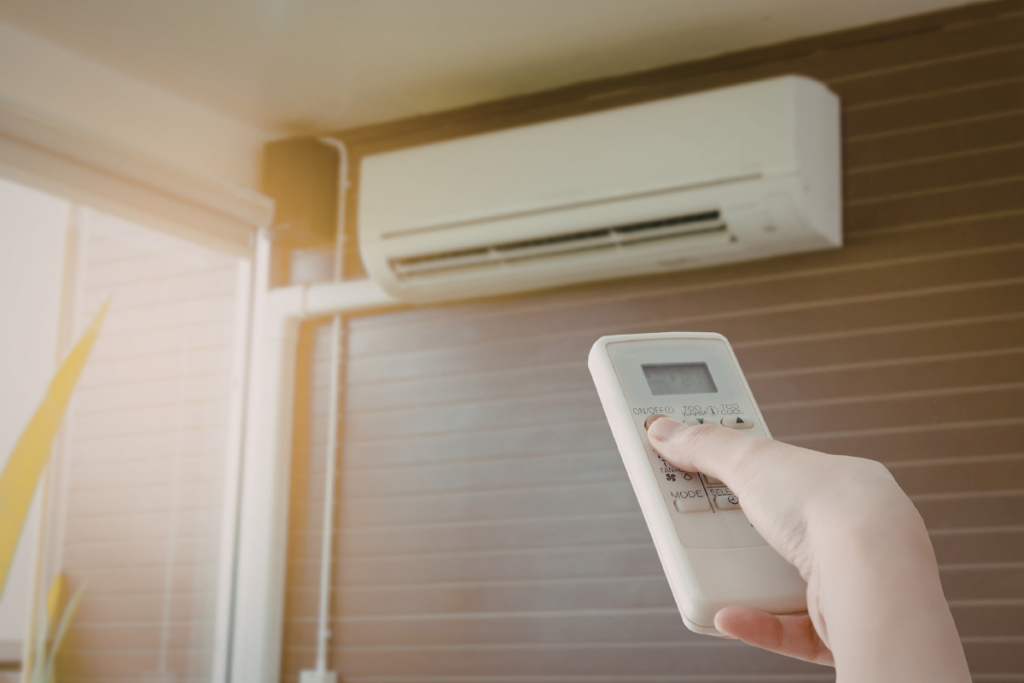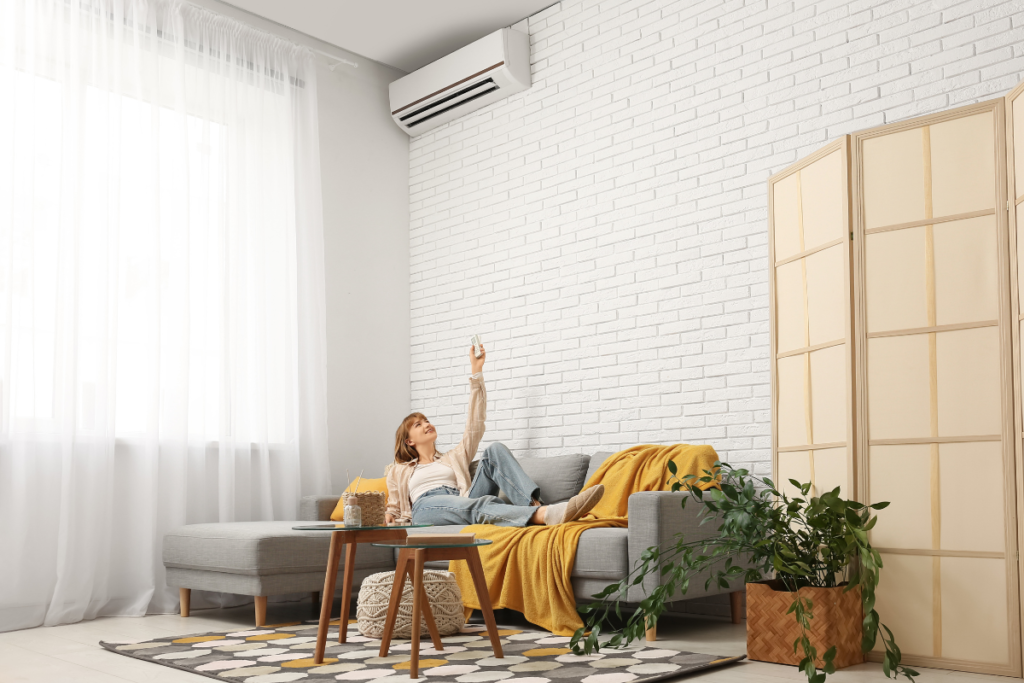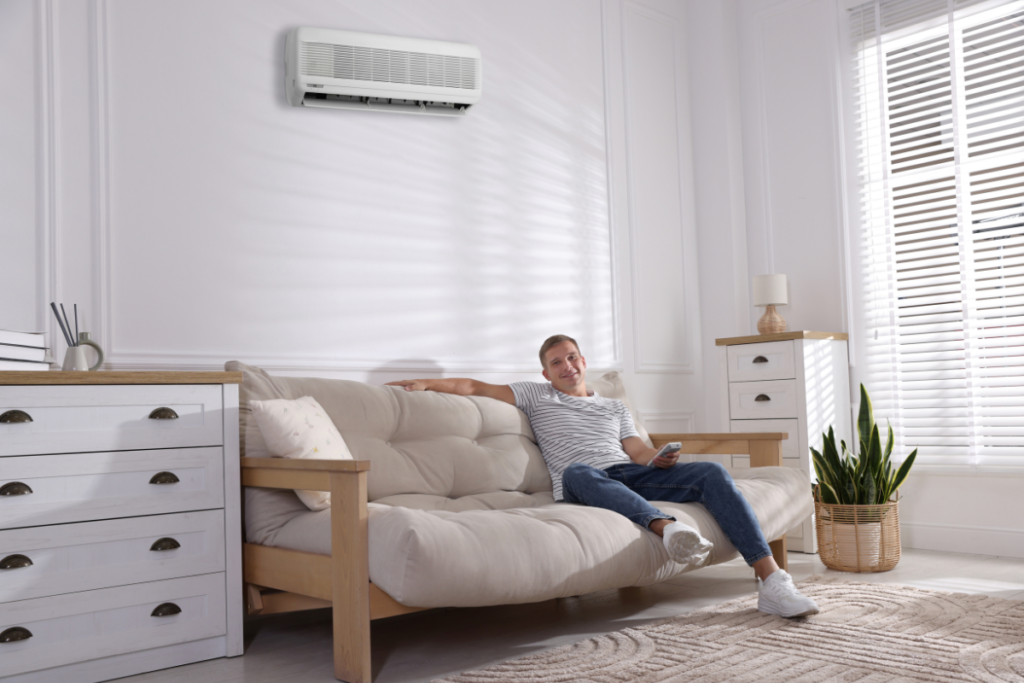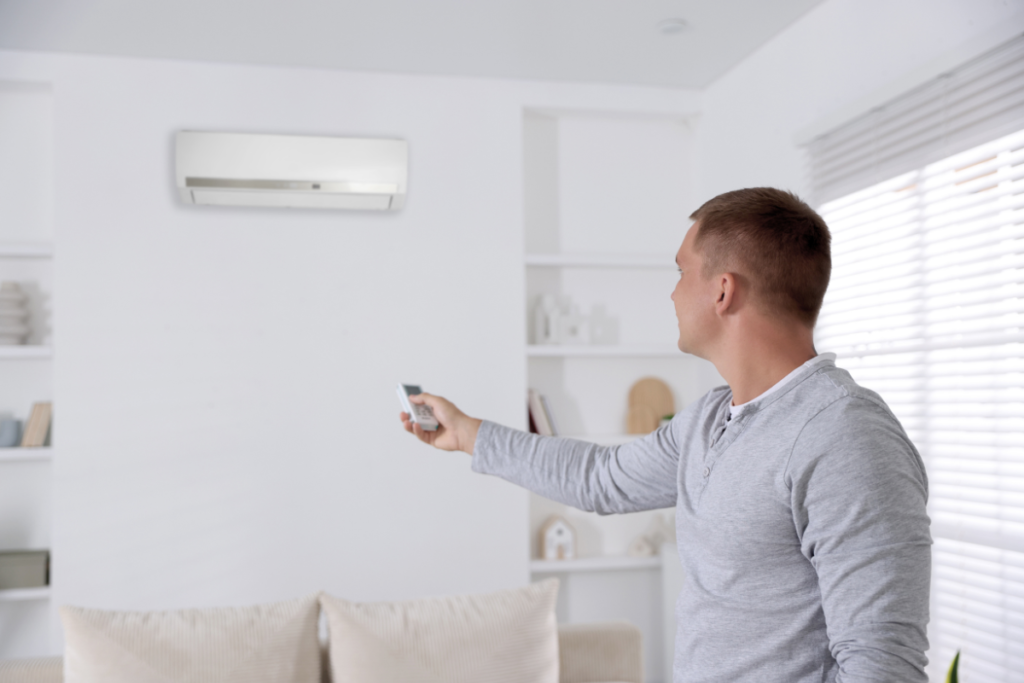Experiencing air conditioner water leaks can be frustrating, especially during hot summer months. Water leakage from an AC unit is a common issue that homeowners face, often leading to water damage and decreased cooling efficiency. Identifying the root cause of the leakage is crucial in order to apply the correct fix. Several factors, such as a clogged drain line, dirty air filter, low refrigerant levels, and improper installation, can contribute to this problem. Understanding these causes and learning effective AC maintenance tips can help prevent future issues.
4 Potential Causes Of Air Conditioner Water Leaks
One of the most common causes of air conditioner water leaks is a clogged drain line. Over time, dirt, dust, and algae can build up in the drain line, preventing proper water drainage. When this occurs, water backs up into the unit and eventually leaks into your home.
A dirty air filter can also contribute to water leakage by restricting airflow. Reduced airflow causes the evaporator coils to freeze, and once they thaw, excess water is produced, leading to leaks. Regularly changing or cleaning air filters can prevent this issue.
Another factor to consider is low refrigerant levels. When refrigerant levels drop, the pressure in the system decreases, causing the evaporator coils to freeze. As with a dirty air filter, once the coils thaw, the excess water may overwhelm the drainage system, resulting in leakage.
Improper installation can also cause water leaks. If an AC unit is not level, the condensation may not drain properly, leading to pooling and leakage. Ensuring that the unit is installed correctly can prevent this issue from occurring.
Warning: Electrical Hazards Due To Water Leakage
The presence of water in an air conditioning system can lead to severe electrical safety concerns. Water leaking onto electrical components poses multiple risks:
- Short Circuits: Water can cause short circuits in electrical wiring, damaging the AC unit and potentially leading to a fire.
- Electric Shocks: If water comes into contact with live electrical parts, anyone nearby may be at risk of receiving an electric shock.
- Increased Fire Hazards: Continuous exposure of electrical components to water can degrade insulation, leading to overheating and an increased risk of fire.
By recognizing the dangers of air conditioner water leaks electrical hazards, homeowners can take proactive steps to ensure the safe operation of their AC systems.
4 DIY Solutions For Minor Leaks
For homeowners experiencing minor air conditioner water leaks, a few simple DIY solutions may help resolve the issue.
- Unclog the Drain Line: Using a wet/dry vacuum or a thin brush, remove any debris or buildup from the clogged drain line to allow proper water drainage.
- Replace or Clean the Air Filter: Checking for a dirty air filter and replacing it every one to three months can prevent airflow restrictions and freezing coils.
- Check for Low Refrigerant Levels: If cooling performance has decreased, and ice is forming on the evaporator coils, refrigerant levels may be low. A professional should be contacted to handle refrigerant refills safely.
- Ensure Proper Installation: If water is pooling around the unit, verify that the AC is level. Adjusting the unit’s position can prevent drainage issues.
By taking proactive measures, homeowners can prevent costly repairs and maintain a functional air conditioning system throughout the year.
Addressing air conditioner water leaks promptly can prevent extensive damage and costly repairs. By understanding common causes such as a clogged drain line, dirty air filter, low refrigerant levels, and improper installation, homeowners can take the necessary steps to resolve and prevent leakage issues. Implementing regular AC maintenance tips ensures efficient operation and long-term performance. For persistent leaks, professional assistance should be sought to diagnose and fix underlying issues effectively.
